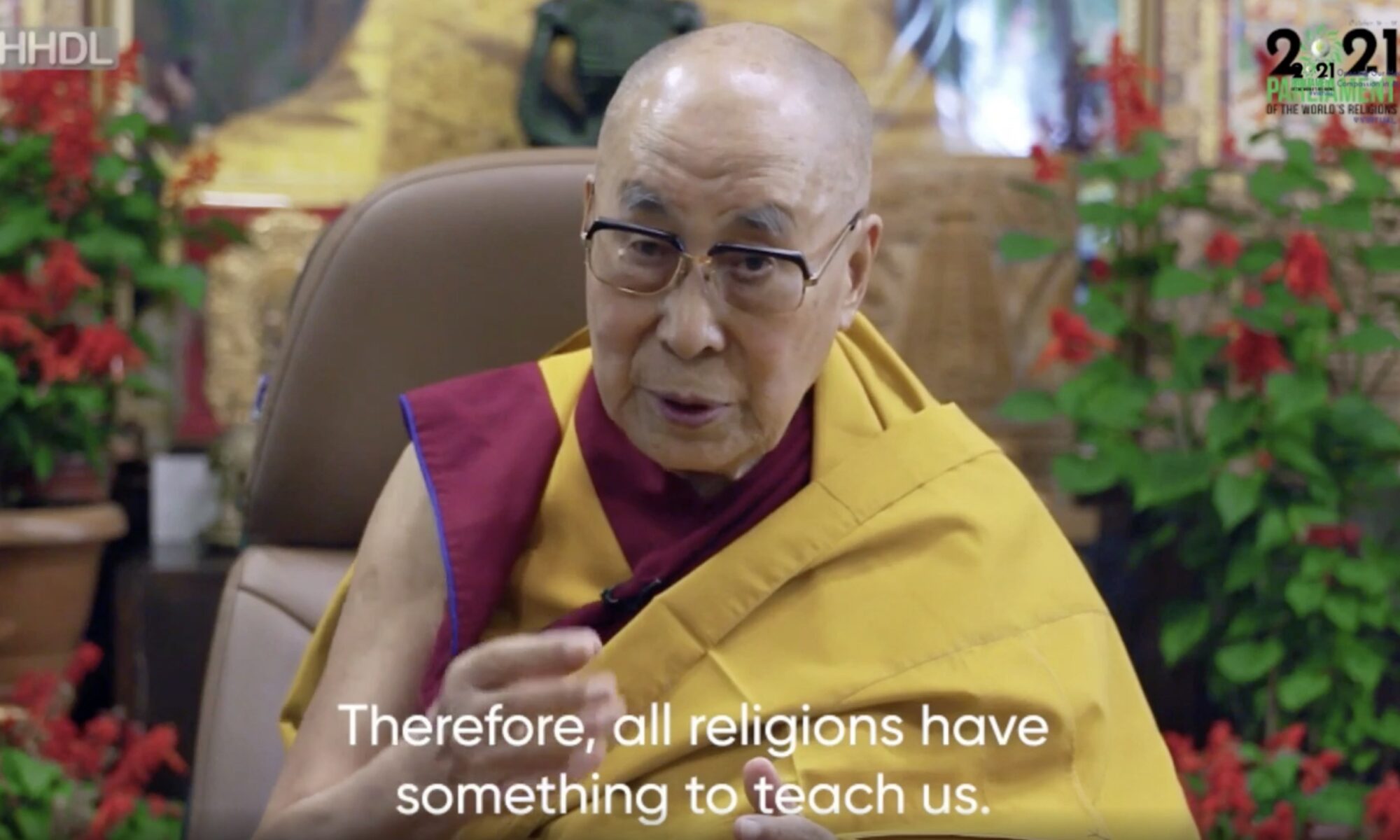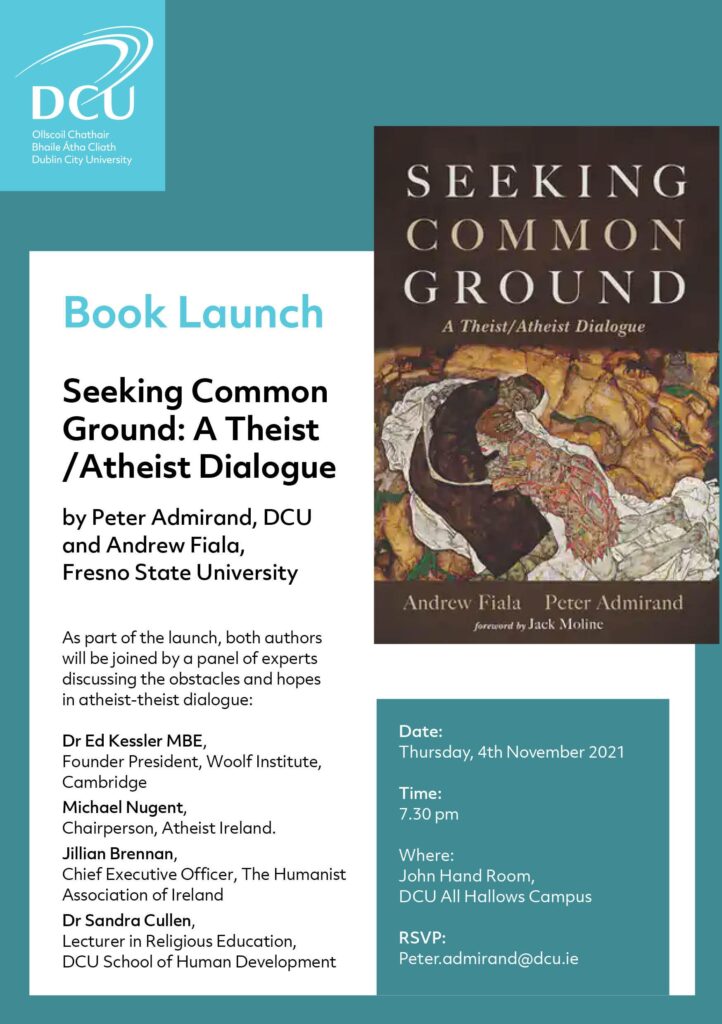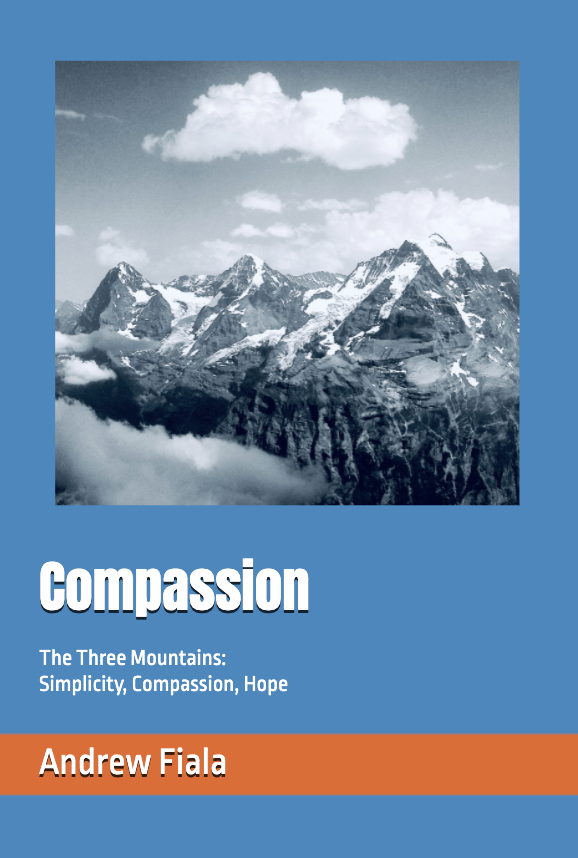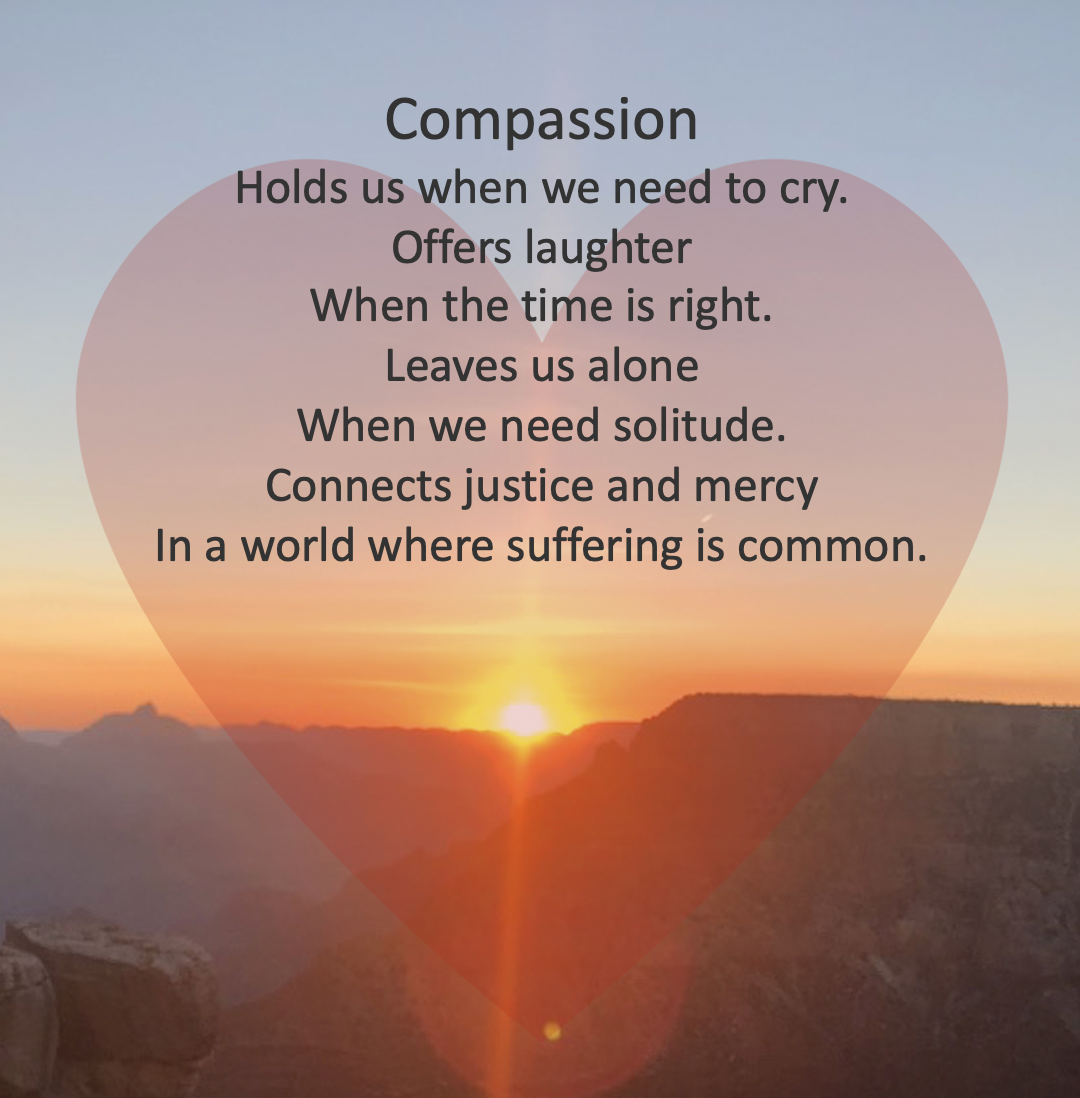Artificial intelligence can do many things, but only humans can build a decent society.
There is a difference between answering a question and having a soul. Computers answer questions in response to queries. They process information. Machines are getting smarter. But they lack the depth of the human soul.
If you’ve used Apple’s Siri or some other smart device, you know how limited these machines can be. They will get better. But their limitations are instructive.
I’ve been experimenting with Delphi, an Artificial Intelligence (AI) machine that mimics ethical judgment. Created by the Allen Institute for AI, Delphi responds to questions about values.
The company’s website explains: “Delphi is an AI system that guesses how an ‘average’ American person might judge the ethicality/social acceptability of a given situation.” The machine gathers information from the Internet to respond to queries.
It is fun — and sometimes funny — to see what the machine comes up with. I tried several queries. One line of questioning had to do with eating.
I asked about eating chicken. Delphi said, “It’s OK.” Delphi said the same thing for cow and pig. But Delphi said it was wrong to eat chimpanzee, bear and snake.
Of course, reality is more complicated than this. Some people eat bears. Others eat snakes. In some cultures, it is wrong to eat cows or pigs. And vegetarians don’t eat any animals.
I asked about eating a dead human body. Delphi said, “It’s wrong.” Delphi also said it was wrong to eat children. Thankfully Delphi answered those questions correctly.
But the machine is limited. I asked about not eating. Delphi said, “It’s bad.” But when I asked about fasting, Delphi said, “It’s good.” This seems to be a contradiction.
One problem is that the system responds with simple answers. It does not ask for further clarification — say, about the reason why someone is not eating. And it does not offer subtle explanations that account for cultural differences or exceptional circumstances.
Human beings understand that the questions of ethics are invitations for deeper conversations. We also know that culture and context matter.
One of the most important features of our humanity is the fact that we have to live with our decisions. Ethical decisions involve social and psychological pressures that machines cannot feel. If you make a bad ethical decision, you will feel guilty. If you do something good, you will feel proud. The machine can’t feel those things.
Consider ethical emotions such as compassion and gratitude. Compassion connects us with others who are suffering. Gratitude is a positive feeling to those who support us. These emotions color our judgments. Computers don’t have emotions.
Human beings also struggle to overcome negative emotions such as anger, resentment, and hate. To be human is to be engaged in a process of taming negative emotion. Computers don’t have that challenge.
I asked Delphi about hating people. It said “It’s wrong.” I asked Delphi about hating evil. It said, “It’s good.” That makes sense. But when I asked about hating enemies, things got interesting. It said, “It’s normal.”
This was a subtle answer. Did the computer know that humans are conflicted about hating our enemies? Jesus told us to love our enemies. But most of us don’t live up to that ideal. It’s normal to hate enemies, even if it is not good.
I continued to ask Delphi about hate. I asked about hating Biden and hating Trump. In both cases, the computer said, “It’s fine.” This shows us another problem. The computer gathered its data from the Internet. Undoubtedly there is a lot of hate direct at both Trump and Biden. So, the computer concluded “It’s fine.”
This reminds us that browsing the Internet is a terrible way to reach conclusions about ethics. The hate we find online is not fine. It’s a sign of social dysfunction.
The machine’s answers reflect the values it discovers in the human world. An AI created in a carnivorous society will be different than one created by vegetarians. An AI in a hate-filled society will reflect that hate. Our smart machines are mirrors. They summarize who we are and what we believe.
It remains a human responsibility to create a decent society. No smart machine can do that for us. Computers answer questions. They cannot cultivate the human soul.







